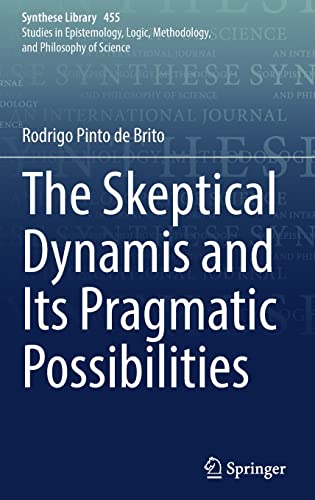

Most ebook files are in PDF format, so you can easily read them using various software such as Foxit Reader or directly on the Google Chrome browser.
Some ebook files are released by publishers in other formats such as .awz, .mobi, .epub, .fb2, etc. You may need to install specific software to read these formats on mobile/PC, such as Calibre.
Please read the tutorial at this link. https://ebooknice.com/page/post?id=faq
We offer FREE conversion to the popular formats you request; however, this may take some time. Therefore, right after payment, please email us, and we will try to provide the service as quickly as possible.
For some exceptional file formats or broken links (if any), please refrain from opening any disputes. Instead, email us first, and we will try to assist within a maximum of 6 hours.
EbookNice Team

Status:
Available0.0
0 reviewsThis monograph reevaluates a school of thought concerned with truth and inquiry. It examines the critique which asserts that it's not possible to live this Early Greek philosophy in practice. The investigation also details new discoveries on the reception of Skepticism by Empiricist Doctors, Early Greek Fathers, Medieval Arabic Thinkers, and Renaissance Thinkers.
The author takes a careful look at the apraxia argument and how critics used it. He shows how anti-skeptical arguments rose in different stages of the development of the Skepticism. Coverage also details how the skeptics replied and gave more pragmatic coherence to their philosophy, starting with the proto-skeptics and continuing with the works of Sextus Empiricus. Readers will learn how skepticism endured despite the criticisms, becoming a coherent response to dogmatic philosophies such as Stoicism.
The investigation also analyzes the two common approaches that philosophers have used to interpret Sextan philosophy. It considers their benefits as well as defects. In the process, the author presents an original way of interpreting Sextan thought, which the author calls the “suburban interpretation”. He then applies this "middle way" to two works: Against the Grammarians and Against the Rhetoricians. Overall, the book provides readers with an insightful look at how this school of thought survived and spread throughout the ages.